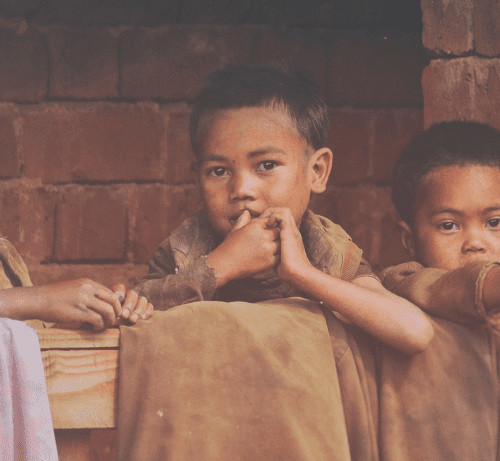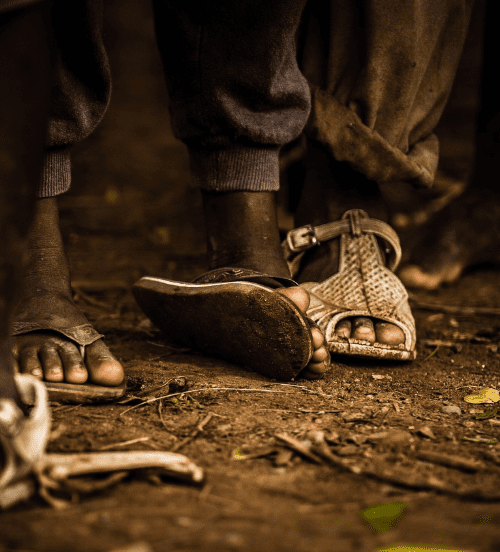Every child we work with has a unique and complex set of needs but over time we’ve developed the Poverty Child toolkit to working with street and slum connected children.
Street life is cruel
No child should have to live on the street. Help us do something about it.
Poverty Child is a charity dedicated to improving life for street and slum connected children. Our mission is to empower them to achieve their true potential. Help us.
Our work with street children
Child specialists go out to connect with and offer their support to street children
Our latest articles
Every now and then we publish articles on the issues we’re thinking about and working on. Here’s some of the latest pieces we’ve published.
 Ending child poverty for good
Ending child poverty for good
UNICEF's four key policies to end child poverty UNICEF has recently relaunched four proven policy solutions aimed at transforming the lives of the 900 million children who presently live in…
 Child Poverty in 2025: A Global Perspective
Child Poverty in 2025: A Global Perspective
Child Poverty in 2025: A Global Perspective
Child poverty is multi-dimensional Across the world you are more likely to encounter children living in poverty than you are adults. Poverty impacts children's lives in several fundamental ways. For…
 Ending Violence Against Children
Ending Violence Against Children
Ending Violence Against Children
Many children face violence in their daily lives The World Health Organisation (WHO) estimates that approximately one billion children, aged 2-17 years old experienced violence during 2022. The WHO categorises…
